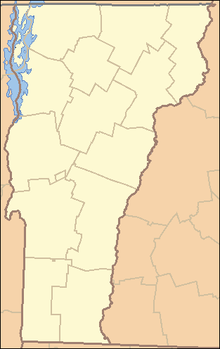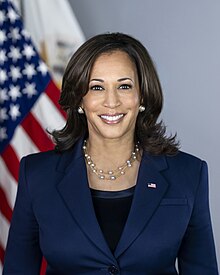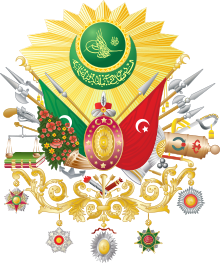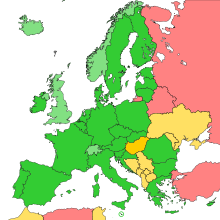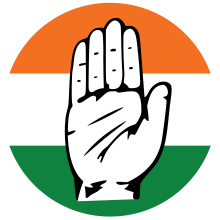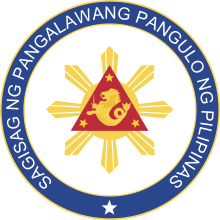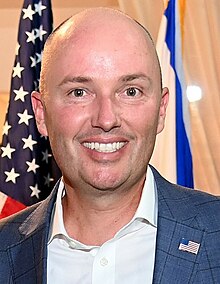Portal:Politics
| Main | Topics and categories | Tasks and projects |
The Politics portal
Politics (from Ancient Greek πολιτικά (politiká) 'affairs of the cities') is the set of activities that are associated with making decisions in groups, or other forms of power relations among individuals, such as the distribution of resources or status. The branch of social science that studies politics and government is referred to as political science.
It may be used positively in the context of a "political solution" which is compromising and non-violent, or descriptively as "the art or science of government", but also often carries a negative connotation. The concept has been defined in various ways, and different approaches have fundamentally differing views on whether it should be used extensively or in a limited way, empirically or normatively, and on whether conflict or co-operation is more essential to it.
A variety of methods are deployed in politics, which include promoting one's own political views among people, negotiation with other political subjects, making laws, and exercising internal and external force, including warfare against adversaries. Politics is exercised on a wide range of social levels, from clans and tribes of traditional societies, through modern local governments, companies and institutions up to sovereign states, to the international level.
In modern nation states, people often form political parties to represent their ideas. Members of a party often agree to take the same position on many issues and agree to support the same changes to law and the same leaders. An election is usually a competition between different parties.
A political system is a framework which defines acceptable political methods within a society. The history of political thought can be traced back to early antiquity, with seminal works such as Plato's Republic, Aristotle's Politics, Confucius's political manuscripts and Chanakya's Arthashastra. (Full article...)
Selected article
The Convention of 1832 was the first political gathering of colonists in Mexican Texas. Delegates sought reforms from the Mexican government and hoped to quell the widespread belief that settlers in Texas wished to secede from Mexico. The convention was the first of a series of unsuccessful attempts at political negotiation that eventually led to the Texas Revolution. On October 1, 1832, 55 political delegates met at San Felipe de Austin to petition for changes in the governance of Texas. Notably absent was any representation from San Antonio de Béxar, where many of the native Mexican settlers (Tejanos) lived. The delegates elected Stephen F. Austin (pictured), a highly respected immigrant, as president of the convention. Delegates passed a series of resolutions requesting, among other things, a repeal of the immigration restrictions, a three-year exclusion from custom duties enforcement, permission to form an armed militia and independent statehood. They also voted themselves the power to call future conventions. Before the petition could be delivered to Mexico City, the political chief of Texas, Ramón Músquiz, ruled that the convention was illegal and annulled the resolutions. In a compromise, the ayuntamiento (city council) of San Antonio de Béxar drafted a new petition with similar language to the convention resolutions and submitted it through proper legal channels. Músquiz forwarded the new document to the Mexican Congress. (more...)
Featured picture

Located in Victoria, British Columbia, Canada, and officially opened in 1898 with a 500 feet (150 m) long facade, central dome, two end pavilions, and a gold-covered statue of Captain George Vancouver, the British Columbia Parliament Buildings are home to the Legislative Assembly of British Columbia.
Selected quote
Selected biography
Samuel Adams (1722–1803) was an American statesman, politician, writer and political philosopher who was one of the Founding Fathers of the United States. Adams was instrumental in garnering the support of the colonies in rebellion against Great Britain, ultimately resulting in the American Revolution. He was also one of the key architects of the principles of American republicanism that shaped American political culture. Adams organized protests against the British, including the Boston Tea Party in 1773, and participated in the Continental Congress. He also advocated for the adoption of the Declaration of Independence at the Second Continental Congress. Following the American Revolution, Adams helped draft the Articles of Confederation. After the war ended, he ran for the House of Representatives in the 1st United States Congressional election, but was unsuccessful in his bid. He was elected Lieutenant Governor of Massachusetts in 1789 and after John Hancock's death in 1793, Adams served as the acting governor, until he was elected governor in January of the following year. He served in that position until June 1797 when he decided to retire from politics.
Did you know (auto-generated) -

- ... that nearing the end of his tenure as mayor of Tegal, Indonesia, Adi Winarso took part in a talkshow with his former political competitors?
- ... that Nargess Eskandari-Grünberg, the new mayor of Frankfurt, gave birth to her first child while a political prisoner in the wake of the Iranian Revolution?
- ... that before entering politics, Romina Pérez worked at the Center for Legal Studies and Social Research, which "became a 'nursery' for intellectual and political cadres of the Movement for Socialism"?
- ... that American football wide receiver Bo Hines transferred to Yale University as a freshman to further his political ambitions?
- ... that thousands of political prisoners in Indonesia were interned in the Waeapo River valley in Buru?
- ... that the party leader of the new Dutch youth political party LEF – For the New Generation tattooed his party's program points on his forearm?
More did you know...
- ...that in the 1930s, Australia was home to a paramilitary Fascist organization called the New Guard?
- ...that the Zimbabwe Human Rights NGO Forum recorded over 1,200 violations of human rights in Zimbabwe by the law enforcement agencies from 2001 to September 2006?
- ...that the ideology of the Romanian National Renaissance Front has been described as "operetta fascism"?
- ...that in the 1984 Brown v. Hotel and Restaurant Employees case, the U.S. Supreme Court upheld a New Jersey gaming law requiring union leaders to be of good moral character?
- ...that the Brown Dog affair, an Edwardian era vivisection controversy, led to massive riots?
- ...that Roman embassies to China are reported in Chinese historical accounts from as early as 166?
In this month
- June 28, 2004 - Canadian federal elections occur; the Liberal party loses its absolute majority.
News and Current events
- August 11: 4 local government areas in New South Wales, Australia locked down after COVID-19 case
- August 11: Australia: AstraZeneca vaccine access expanded by Victorian government
- August 1: Australia: Victorian lockdown lifted
- July 29: Tunisia's president dismisses prime minister, suspends parliament
- July 25: Australia: Wikinews interviews Reg Kidd, mayor of the City of Orange, about COVID-19 lockdown and local government
- July 23: South Australia enters week-long lockdown to contain COVID-19 Delta variant spread
- July 21: Technological University Dublin senior lecturer Dr Lorcan Sirr speaks to Wikinews on housing market in Ireland
- July 21: Three rural councils in New South Wales, Australia enter 7-day lockdown
- July 21: Australia: Victoria lockdown extended by a week with 85 active cases recorded
- July 15: California governor signs new state budget, eligible Californians to get stimulus payments
Topics and categories
General images
Related portals
Associated Wikimedia
The following Wikimedia Foundation sister projects provide more on this subject:
-
Commons
Free media repository -
Wikibooks
Free textbooks and manuals -
Wikidata
Free knowledge base -
Wikinews
Free-content news -
Wikiquote
Collection of quotations -
Wikisource
Free-content library -
Wikiversity
Free learning tools -
Wiktionary
Dictionary and thesaurus




